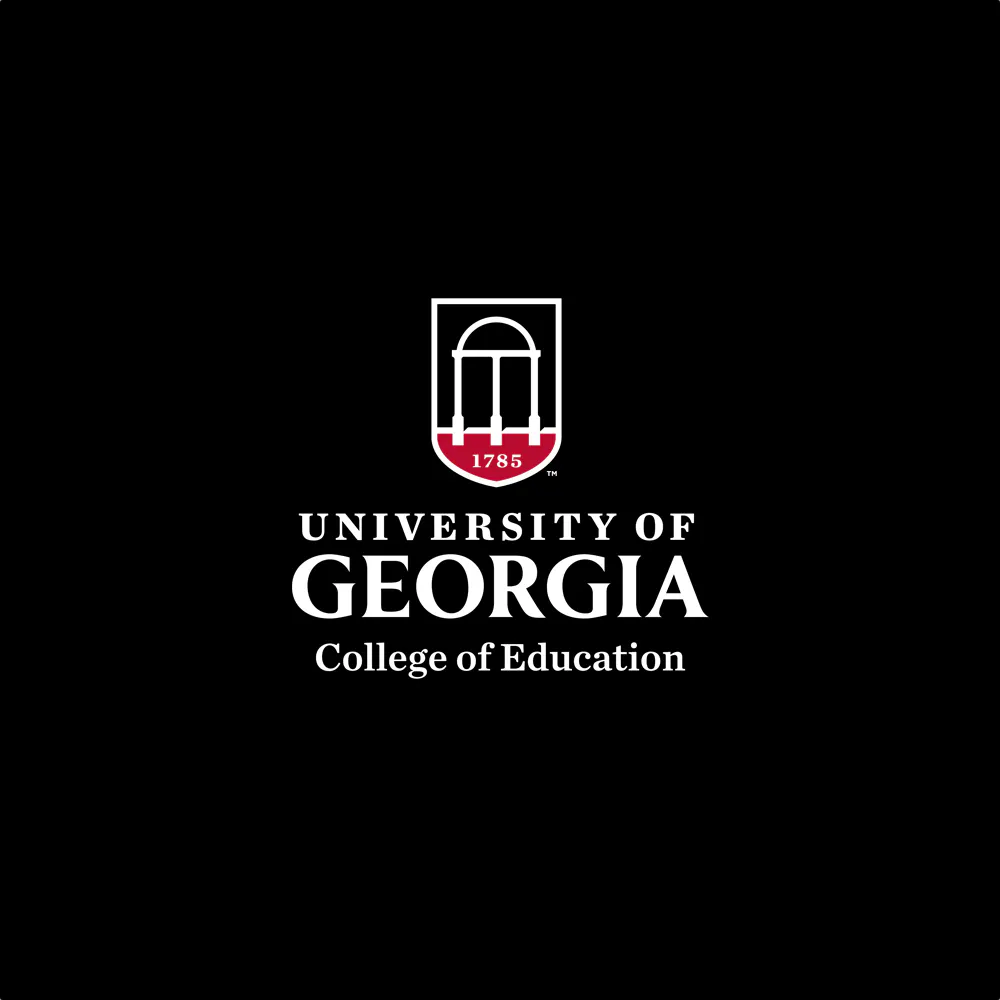Professor's work helps to break down barriers
Our identity takes shape over many years and events, slowly building who we are.
We know a lot about how the general population forms identities, but the process for some, such as the transgender population, is still widely unknown.
But a new research study led by Anneliese Singh, an associate professor in the Department of Counseling and Human Development Services, aims to de-mystify the factors that shape people who identify as transgender. Singh is leading a team of Atlanta-based researchers as part of a nationwide study on transgender identity, funded through the National Institutes of Health.
This research aligns with work Singh has done in the gay, lesbian, bisexual, transgender, and queer population, where she investigates the resilience people build as a result of discrimination.
"There are a lot of things we already know that need to be changed, but in terms of identity development, this will help us develop better intervention and prevention initiatives," added Singh. "It's about creating better health outcomes for transgender people across the lifespan, and ultimately reducing the massive amounts of discrimination they face."
This study is unique because of its proactive focus. Until now, major studies on transgender populations have been reactive, typically associated with HIV.
The five-year, $2.9 million grant includes three study sites: New York City (Columbia University), San Francisco (San Francisco State University) and Atlanta (UGA). The study will look at transgender identity development as well as risk and resilience factors.
"We will be looking at critical incidents in their life in terms of gender identity, and then refining our measures of gender identity, risk, and resilience," she says. This includes ways people describe themselves and their gender, the partners they choose, their work environment, and obstacles they face, such as everyday discrimination. "When we know where the barriers are, we can intervene."
